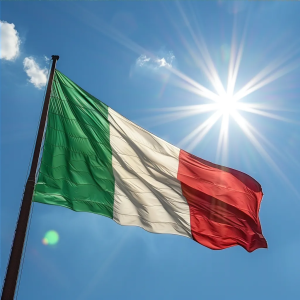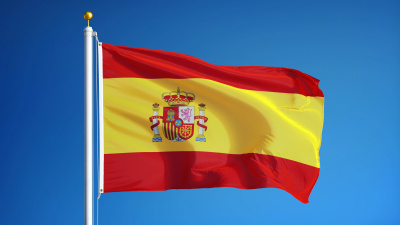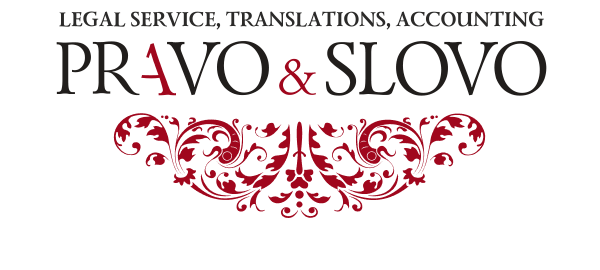Obtaining a Power of Attorney at the Consulate General of Spain: A Simple Guide
Do you need to issue a power of attorney to carry out legal actions in Spain? The Consulate General of Spain provides such an opportunity to both Spanish citizens and foreigners. This procedure allows you to authorize an authorized person to perform various legally significant actions and transactions on your behalf in Spain. The Consulate issues a wide range of powers of attorney, adapting to your individual needs.
What documents need to be prepared?
To successfully obtain a power of attorney at the consulate, you will need to collect the following package of documents:
- Valid DNI or passport of the principal : This is the main document proving your identity.
- NIE of the principal (for foreigners): Identification number of a foreigner in Spain.
- Copy of DNI or NIE of the authorized person(s): Identity document of the person to whom you are delegating authority. If there are several authorized persons, copies of documents of each of them must be provided.
- Exception for legal representatives : When issuing a power of attorney for representation in court, copies of the DNI or NIE of lawyers and legal representatives do not need to be provided.
- Detailed Description of Authority : Be clear and precise about what authority you are delegating to the attorney-in-fact. You may wish to prepare a draft of the power of attorney to speed up the process.
Cost of registration:
The amount of the consular fee for issuing a power of attorney depends on several factors, including the volume of the document, the number of principals and the number of copies requested. You can check the current cost directly at the consulate.
Important note:
The Consulate reserves the right to request additional documents at its discretion. Be prepared for this and, if possible, consult with specialists in advance to avoid delays in the registration process.
Language barrier? No problem!
If you do not speak Spanish, you will need an interpreter to contact the consulate. Our company is ready to provide you with the services of a qualified interpreter who will ensure flawless communication and help you easily draw up the necessary power of attorney. By contacting us, you will save time and effort, and will also be confident in the correct execution of all documents.
Registration of a notarized power of attorney for Spain: two ways
Are you planning to issue a notarized power of attorney for use in Spain? You have two equivalent paths open to you, each with its own peculiarities. Let's look into the nuances of both options so that you can choose the most convenient for your situation.
Option 1: Registration of a power of attorney in Russia.
This option involves contacting a Russian notary to draw up a power of attorney. After notarization, the document must be legalized by affixing an apostille at the Ministry of Justice of the Russian Federation. Since the power of attorney is drawn up in Russian, it will need to be translated into Spanish. There are also two options here:
- Translation and certification at the Spanish Consulate. You can contact the Spanish Consulate to have your power of attorney translated and certified. This method guarantees that the document will be recognized by the Spanish authorities.
- Translation by a sworn translator in Spain. An alternative option is to order a translation from a sworn translator accredited in Spain. Make sure that the translator has the appropriate qualifications and that his signature is recognized by the Spanish authorities.
Option 2: Obtaining a power of attorney at the Consulate General of Spain in Moscow.
This option allows you to issue a power of attorney directly at the Consulate General of Spain in Moscow. You can choose a general or special power of attorney depending on your needs. The main advantage of this method is that the power of attorney is immediately issued in Spanish and does not require additional legalization or translation, since it is issued by a Spanish official body. However, if you do not speak Spanish, you will need a translator present when applying to the consulate.
Which option to choose?
Both options are legally equivalent and ensure the validity of the power of attorney in Spain. The choice depends on your personal preferences and circumstances.
The option of issuing a power of attorney at the Spanish consulate is often faster and more cost-effective, since it eliminates the stage of legalization and translation of the document.
Turning to professionals who have experience interacting with the consulate will help you save time and effort, ensuring that all necessary documents are completed flawlessly. You will be able to feel confident knowing that the process is under the control of specialists.
Other articles on the topic
View articles




